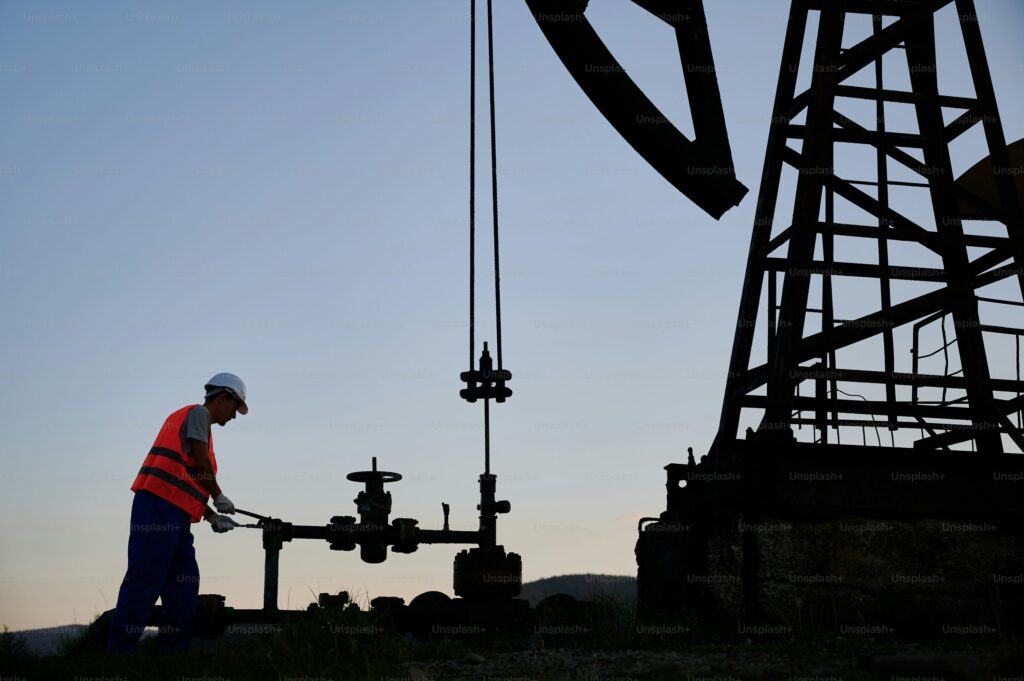A piece in Foreign Policy attempts to pour cold water on activists’ hopes that COVID-19 will cool our allegedly blazing hot planet. Instead, Jason Bordoff says, the pandemic shows that collective action is hard, there’s a need for “public buy-in and education” and “The third reason COVID-19 should give pause to expectations about climate change action is because of what it reveals about the strong link between carbon emissions and economic activity.” Yet even after that supposedly sobering conclusion, he maintains that the situation simply requires “decarbonizing the energy mix while supporting economic growth and energy use around the world.” And after lunch, world peace.
The article is not a silly one in many respects. Including grasping that “economic contractions are not a desirable or sustainable way to curb emissions” because emissions rise again in the subsequent recovery. If it seems a heartless assessment of the very real pain caused by hard times, possibly even an argument against recovery from recessions, it’s not. Instead, Bordoff says, “That it takes a pandemic-induced economic standstill to actually bring emissions down should be a sobering reminder of just how hard addressing climate change will be as living standards, fortunately, continue to rise in emerging markets.” (And, we would add, if you think the cost of a collapsing economy is high in North America, just wait for the long-term impact of lockdowns in far less prosperous places like India.)
In consequence, Bordoff writes, “energy from renewable sources can grow as rapidly as it has over the past decade and yet fossil fuel use can keep rising at the same time as total energy use rises around the world, especially in fast-growing economies like China and India.” It’s a tough dilemma, all right.
Or is it? Having said all the above, Bordoff reaches into his hat and pulls out a unicorn. “COVID-19 may deliver some short-term climate benefits by curbing energy use, or even longer-term benefits if economic stimulus is linked to climate goals—or if people get used to telecommuting and thus use less oil in the future.” But then he slays the poor creature: “any climate benefits from the COVID-19 crisis are likely to be fleeting and negligible. Rather, the pandemic is a reminder of just how wicked a problem climate change is because it requires collective action, public understanding and buy-in, and decarbonizing the energy mix while supporting economic growth and energy use around the world.”
If we might add a skunk of our own, natter about collective action is valueless without some serious proposal for how to coerce India and China, and talk of “education” or “public understanding” is fatuous given that the public have been barraged with Book of Revelations-style warnings for 20 years and, moreover, the missing piece in public “buy-in” is precisely broad and growing awareness of the disastrous consequences of giving up affordable reliable energy especially when we are already experiencing hardship and that “decarbonizing the energy mix” is just abracadabra unless you mean nuclear plants.



Wouldn't it be amazing if Dr Richard Lindzen, Dr Will Happer and many other highly qualified scientists were actually *listened to* when they state the well-known scientific fact that the effects of atmospheric CO2 have already well and truly passed the "saturation" point, so that adding more has almost no effect (except for more greening of the planet)? And that CO2's role in the climate is very minimal at most anyway? Then maybe people would wake up out of their "Anthropogenic Climate Change" cult and focus on real-world problems. But they would rather listen to St Greta of Stockholm® shrieking about her "stolen childhood". Sigh.
I was quite cheered by finding that there was an organisation called the 'Non-governmental Panel on Climate change', a group of scientists who beg to differ from the 'consensus' which has grown out of the mainstream of climate scientists & the IPCC. They believe that man's contribution to climate change is insignificant. I am looking into the ideas of this group. More on Watts Up with That?
I used to read Foreign Policy back in the early 2000s. I found it well balanced with multiple points of view. I just got my first issue in about 15 years, and was highly disappointed. Mostly seemed to be a bash-Trump fest. Mostly left-wing points of view. So I think it a waste of my time, except to examine the thinking process (if you can call it that) of the left-wing deep state and academics.
Decarbonising the economy will be as devastating as the Covid19 economic shutdown ;
and as tasty as decarbonised lemonade; or as nutritious as decarbonised food... (hint there isn't much left to keep you alive afterwards )